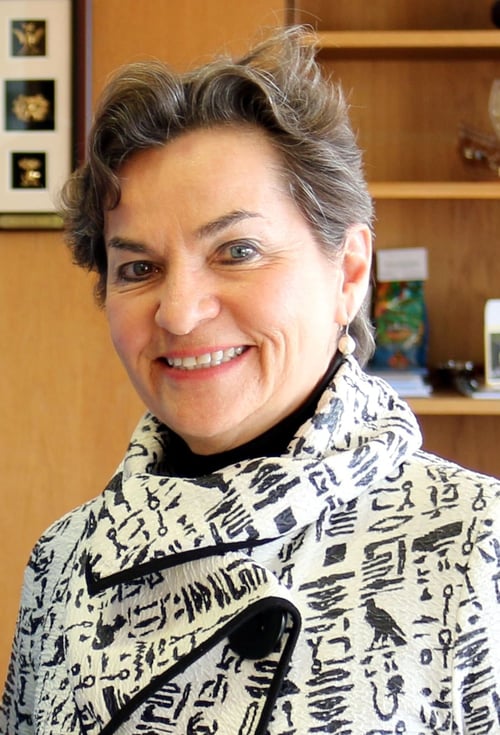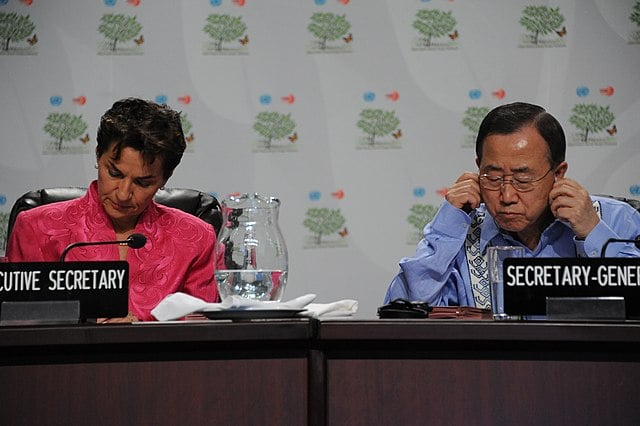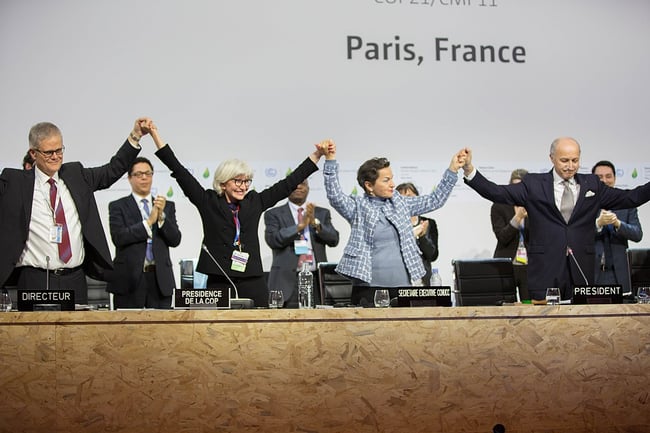National Hispanic Heritage Month: Christiana Figueres, orchestrator of consensus in historic Paris Climate Agreement
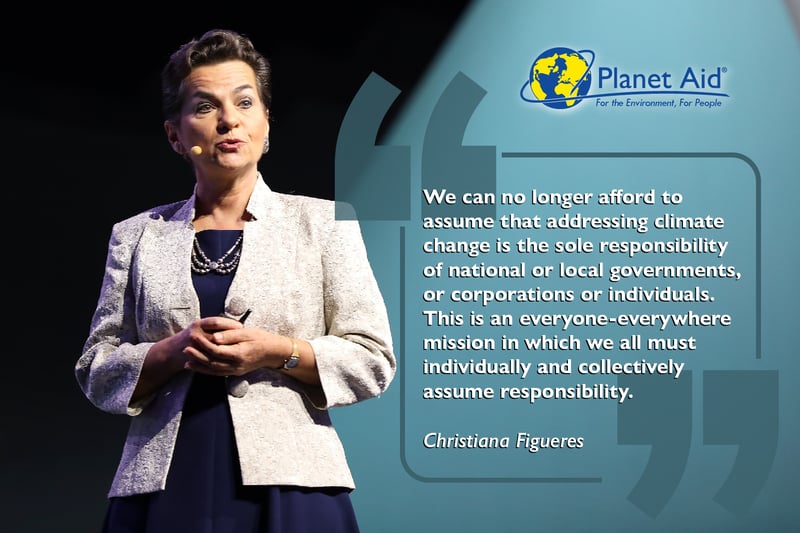
As Planet Aid continues to honor National Hispanic Heritage Month, we look to one of the culture's great environmental contributors. Karen Christiana Figueres Olsen, also known as Christiana Figueres, is respected worldwide for her signature style of diplomacy. She is a trailblazer for global climate action and the architect of the Paris Climate Agreement. Born in 1956, Figueres is the daughter of former three-time President of Costa Rica, Jose Figueres Ferrer, and the former First Lady and Danish-American Costa Rican diplomat, Rita Karen Olsen Beck.
With a political pedigree of this magnitude, it is no wonder she understands the complexity and sensitivity of accord when trying to accomplish a mission. It is also no wonder that her degrees in anthropology and social anthropology were employed significantly throughout her diplomatic career. Her public service career began as the Minister Counselor at the Embassy of Costa Rica in Bonn, West Germany, from 1982 to 1985.
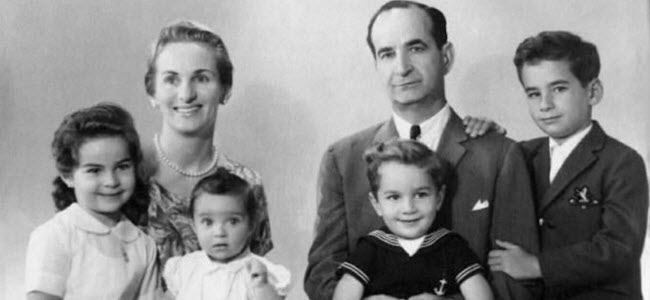
President Jose Figueres Ferrer and First Lady Rita Karen Olsen Beck with their children. (Photo Credit: figueres.cr)
Upon her return to Costa Rica in 1987, she worked as the Director of International Cooperation in the Ministry of Planning. The role highlighted her talent for negotiation as she handled comprehensive financial and technical cooperation programs with eight European countries. Regardless of her role, Figueres excelled at negotiating.
Figueres moved to Washington, D.C. with her husband in 1989 and took a work hiatus to care for her small children. She re-entered professional life in 1994 to assume a position as Director of the Renewable Energy in the Americas (REIA) initiative. Shortly after, in 1995, she accepted a position as a negotiator for the United Nations Convention on Climate Change. Figueres represented the government of Costa Rica from 1995 to 2010.
After the UN Copenhagen climate conference failed in 2009, the nations needed the diplomat's daughter. Figueres would be asked to make the impossible possible—cultivating the grounds to establish an agreed-upon legally binding climate agreement.
The problem with the framework from Copenhagen was the aimlessness of the agreement. There was no path toward the shared goal to reduce global warming to under 2 degrees Celsius or preferably 1.5 degrees Celsius. Within these parameters, the world would achieve pre-industrial revolution levels. However, at the end of the 2009 conference, no treaty was signed and there was no unilateral binding pledge to hold nations accountable to pursue set actions (e.g., reducing emissions or preserving forests) by an established date. So, with her mission in mind, Figueres was determined to lead the charge to put a universally approved regulatory framework in place.
Figueres became the Executive Secretary of the United Nations Framework Convention on Climate Change (UNFCCC) in 2010, assuming responsibility for the international climate change negotiations. She got to work right away, successfully directing the Conferences of the Parties in Cancun 2010, Durban 2011, Doha 2012, Warsaw 2013, and Lima 2014.
Climate Meeting in Cancun in 2010
Each meeting of the nations built momentum toward the next effort. One example was the COP-17 meeting in Durban. During that December 2017 meeting, the nations united in their commitment to create a climate agreement in 2015, which ultimately culminated in the historical Paris Agreement.
The Paris Agreement is a legally binding international treaty on climate change, which was adopted by 196 Parties at COP 21 in Paris, on December 12, 2015. It was entered into force on November 4, 2016.
Figueres will always be credited for engineering this successful treaty. Her consistency, engagement, and close collaboration engendered an environment of alliance and synergism to achieve the mission. She has been credited with forging a new brand of collaborative diplomacy.
Paris Climate Agreement in 2015
Figueres completed her second term as Executive Secretary of the UNFCCC in July 2016. Since then she has received several honorary doctorate degrees as well as accolades from nations around the world. France presented her with the Legion of Honor award in 2016, and she was recently named Honorary Dame Commander of the Order of the British Empire (DBE), from the United Kingdom in 2022.
Today, Figueres stays busy still fighting environmental issues, and recently co-authored the book "The Future We Choose: Surviving the Climate Crisis." In the book, she stresses the idea that climate change is a reality we all must face, stating:
"Denying climate change is tantamount to saying you don't believe in gravity. The science of climate change is not a belief, a religion, or a political ideology. It presents the facts that are measurable and verifiable. Just as gravity exerts its force on all of us, whether we believe in it or not, climate change is already affecting us all no matter where we were born or where we live."
The outspoken climate activist also co-hosts a podcast called, "Outrage & Optimism," along with her Global Optimism cofounder Paul Dickinson, and co-author and founding-partner Tom Rivett-Carnac.

